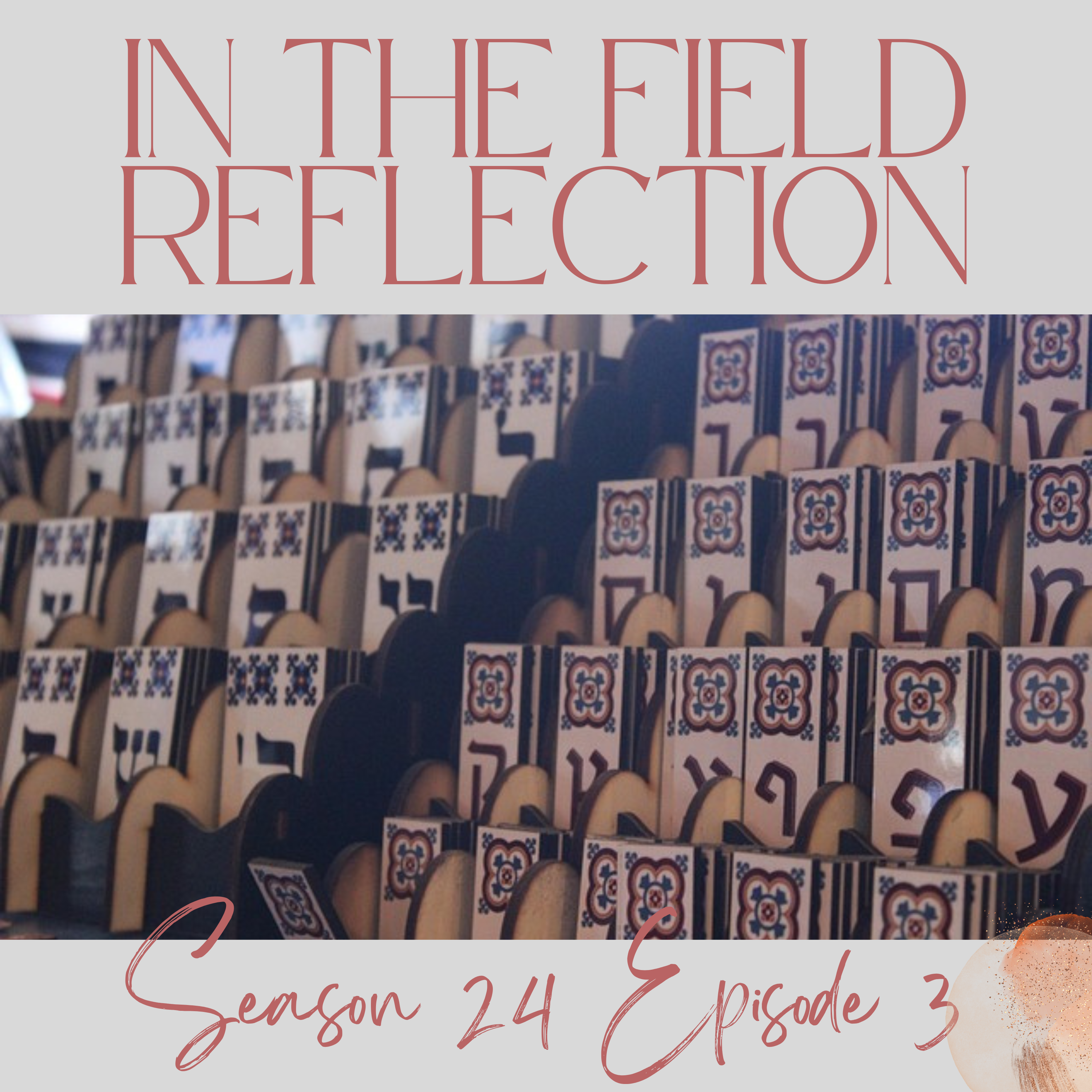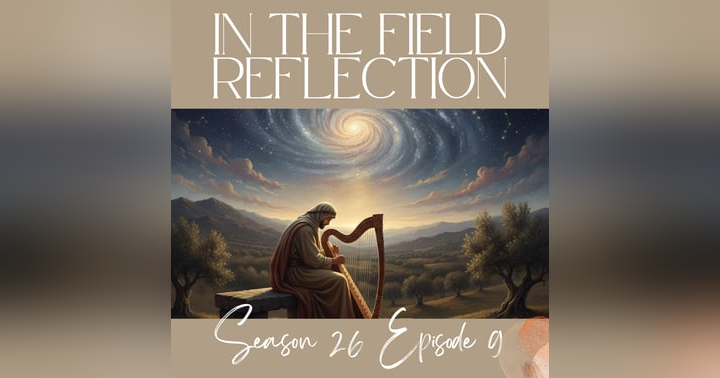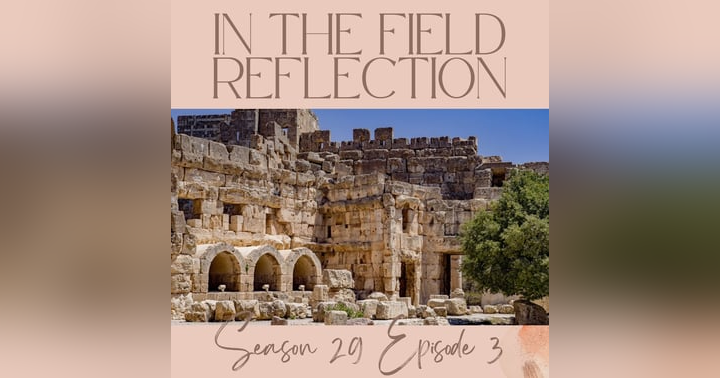Threshing Floor Whispers: Ruth Seeks Redemption From Boaz

The scene opens with simple worship and a quiet surrender: nothing above, nothing below, and a steady trust that God's love is enough. That posture frames the journey into Ruth chapter three, where harvest winds down and the hush of evening makes space for brave choices. Ruth is not introduced as a legend but as a woman with calloused hands, a worn cloak, and a complicated reputation as "the Moabite." Yet tonight, Ruth seeks redemption from Boaz, not as a distant theological concept, but as a tangible, risky appeal in the darkness. The narrative lingers on textures and scents: the oil lamp, the baking bread, the barley dust, because redemption rarely arrives with fanfare. It moves through ordinary places, the well where neighbors talk, a small house with a chest of simple goods, and a threshing floor lit by the moon. The quiet details matter: they anchor courage in real life.
Naomi’s plan is both tender and bold. She seeks security for Ruth, coaching her through a culturally charged act that risks misunderstanding. Wash, anoint, put on the cloak, wait until Boaz has eaten, notice where he lies, uncover his feet, and wait for his word. For modern ears, that sequence can feel puzzling, but in its context it is a clear and lawful appeal for redemption, not seduction. The text insists on character: Ruth’s loyal kindness and Boaz’s proven integrity. By highlighting these virtues, the story reframes courage as obedience aligned with holiness. Fear is present, but it is not the final voice; trust is. Naomi’s wisdom and Ruth’s resolve meet at the place where faith requires action before outcomes are guaranteed.
At midnight, everything turns. Ruth names herself and her need: “Spread your cloak over your servant, for you are next of kin.” That request, steeped in covenant language, invites Boaz to take up the role of kinsman redeemer. Boaz answers with blessing, affirmation, and clarity. He honors Ruth as a worthy woman, acknowledges a nearer relative, and pledges to resolve the matter with integrity. The generosity of six measures of barley becomes more than provision; it is a tangible pledge, a down payment of care carried home at dawn. Hope shifts shape here: from fragile longing to patient expectation grounded in a trustworthy promise. This is how biblical hope works—it rests on character, not chance.
The passage offers layered themes with deep relevance. First is bold faith: Ruth steps forward without guarantees, trusting that God meets obedience with provision. Such faith does not deny risk; it chooses God’s way within it. Second is redemption: Ruth cannot rescue herself. She needs a redeemer with the right, the resources, and the will. The gospel resonance is unmistakable—what Ruth seeks in Boaz, we receive in Christ, who delights to redeem and will not rest until the matter is settled. Third is faithful waiting: action yields to patience as Boaz takes the next steps. Waiting is not passivity; it is trust with a steady heart, the humility to let the right person do the necessary work.
Another powerful thread is God’s inclusive grace. Ruth is an outsider, yet she is woven into Israel’s story, becoming the great grandmother of David and part of the lineage of Jesus. The gospel welcomes those presumed far off, rewriting their futures with purpose. What disqualifies in human eyes becomes a stage for divine mercy. Finally, the story illuminates hidden providence. The everyday decisions—gleaning, caring, walking, waiting—are the loom on which God weaves a future that outlives the moment. We see the tapestry’s front only later; in the moment we often see knots and threads. Ruth invites us to trust the Weaver.
For listeners facing uncertainty, Ruth’s night at the threshing floor offers a pattern. Prepare with care and humility. Act within God’s ways. Name your need honestly. Receive the promise gratefully. Then wait in hope, resisting the urge to force outcomes. Whether you feel like an outsider, carry long losses, or fear the ache of hope, Ruth 3 assures you that God’s providence is near. The Redeemer’s character is your rest. Take the next faithful step and let Him finish what you cannot.



